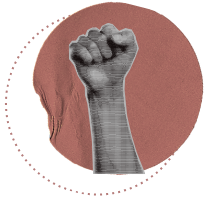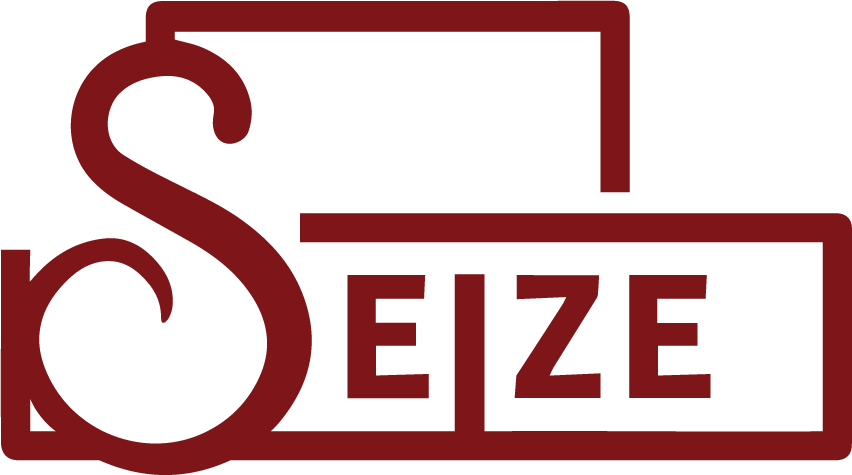Session 2 Resources
Igniting Indigenous Solidarity

A prerequisite to any justice-seeking endeavour is an acknowledgement and understanding of land, people, and their histories. This Indigenous-led session will help us understand the significance of colonialism and why we must all fight for Indigenous self-determination and cultural/political autonomy. Throughout this conversation, let’s discover urban and rural contexts of Indigenous movement building as well as what it means to be involved, whether you identify as Indigenous or as a newcomer/settler/immigrant on Turtle Island.
Learning Outcomes
- Leave this session with an understanding of what Indigenous allyship looks like, from the language we use to our everyday actions
- See what the #LandBack movement looks like through land and water defense, reclamation of space for cultural practice and self-expression
- Learn about current contexts of movement building and activism within Indigenous communities from Wet’suwet’en to Tiohtià:ke, including ways you can get involved
Read
Indigenous Ally Toolkit
For those who really want to engage in a process of becoming (better) allies, accomplices, or co-resisters and includes steps for acting proactively in alliance, a glossary of terms to use and avoid, and other important resources.
Read
The Decolonial Toolbox: An Educational Pathway
Learn about the historical and contemporary realities of Indigenous Peoples by navigating this self-guided course. The Decolonial Toolbox’s Educational Pathway provides resources and stimulates reflection to help you understand the impacts of colonization and offer guidance to challenge colonialism in your everyday life.
Read
Dewemagannag (My Relations)
Learn about what decolonization can look like from within academic institutions - how are we engaging with Indigenous populations in our work, research, and public discussions, and what can make things better for everyone?
Read
What is ‘LandBack’?
Learn the fundamentals of the LandBack movement and the next steps of reconciliation.
Read
What is ‘CashBack’?
Money and land are intrinsically tied under a capitalist system - as a result, dispossession of land by colonizers has damaged economic livelihoods of Indigenous communities around the world. What would it look like to get that money back?
Watch
Fairy Creek Pipe Ceremony
This video highlights the disruptance of a pipe ceremony by law enforcement.
Watch
Fairy Creek (2024)
This documentary captures the vast collective protests against the destructive logging of Teal Jones lumber corporation: a movement which has spawned both the largest demonstration of civil disobedience in Canadian history and the mass arrests of 1200 people.
Watch
Solidarity not Charity
Basics of cooperative business with examples of real-life Black and Indigenous arts/creative cooperatives across the U.S.
Explore
The Making of Systemic Racism
Get a sneak peek into the making of the documentary film, the Making of Systemic Racism, led in research and development by Marlene Hale
Contact:
Hannah Ostiguy Hopp
programs@solidarityeconomy.ca

